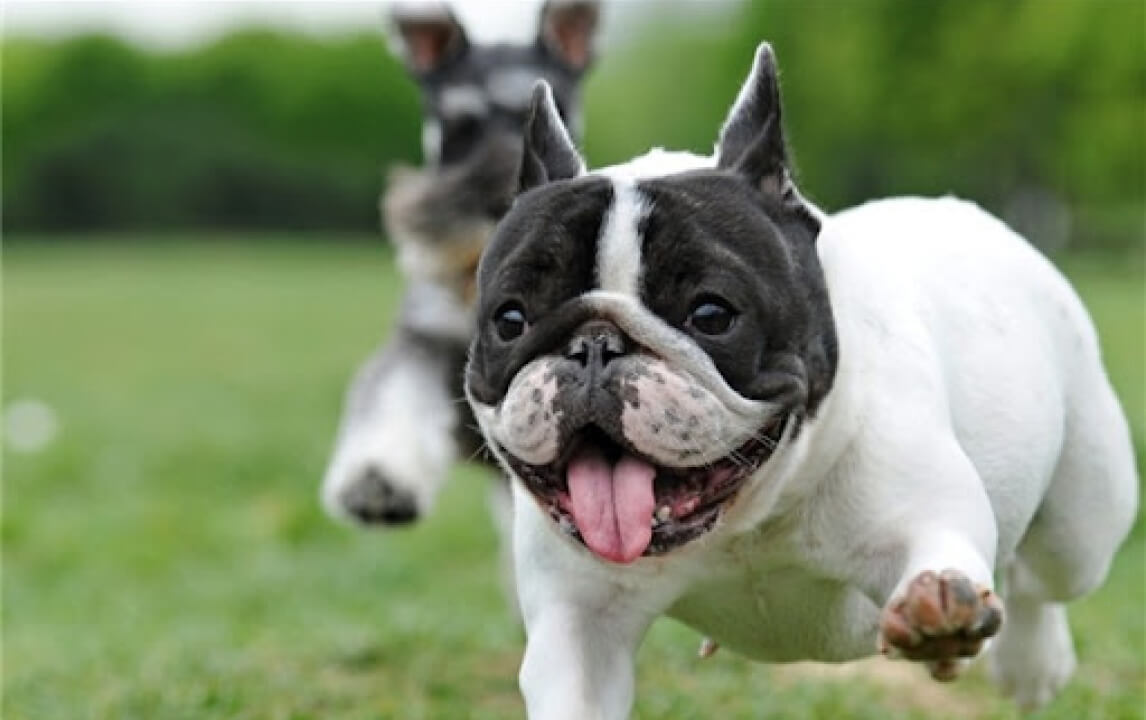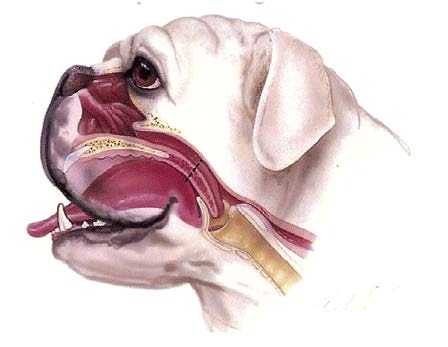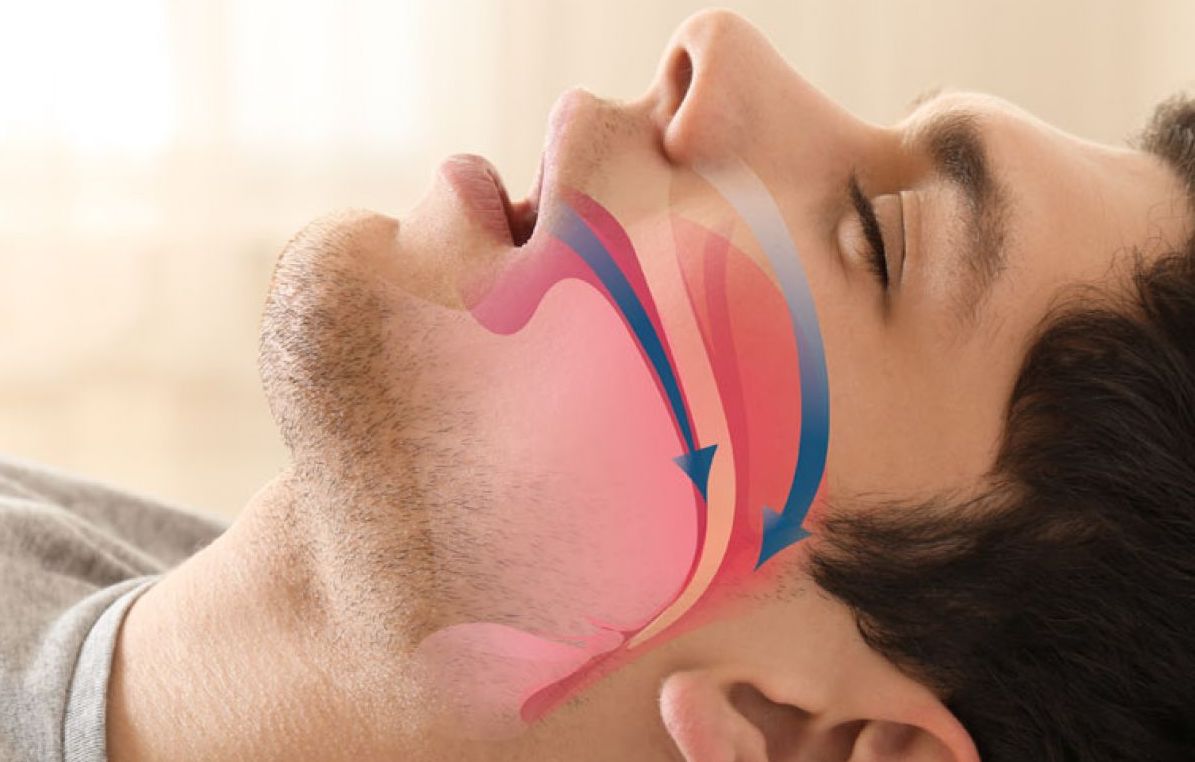One consistent adversary to a restful night’s sleep is the annoying sound of snoring. While you typically expect this from your spouse, roommate, or child, it can also come from your furry friend. Follow along as we explore the causes, complications, and cures for dog snore.
Why Does my Dog Snore?
There are various reasons that can cause your dogs to snore when they are sleeping but below are some of the most common causes.
Consider the Breed
When it comes to snoring predisposition in canines, not all breeds are created equal. A handful of dog breeds are considered brachycephalic because they have a short snout and therefore a shorter breathing canal. While these snouts became shorter throughout generations of breeding, the soft palate in their throat never changed, rendering it disproportionate for the space it is in. Commonly known as flat-faced breeds, this group includes English Bulldogs, ShiTzus, Pugs, Boston Terriers, Boxers, and more.

Consider the Breathing
As with humans, the foundational cause for dog snore is an airway obstruction. Sometimes, the obstruction can be harmless, such as when their tongue blocks the airflow because they are laying on their back. However, there are more severe obstructions to take into consideration.
Sleep apnea, while rare, can afflict dogs in a similar way as humans. Growths and abscessed teeth in the mouth can sometimes block nasal passages, causing breathing complications that may require medical intervention or even surgery. Further, some dogs can contract a fungal disease called Aspergillosis, which occurs when they inhale mold spores via hay, grass, or compost. The mold spores are breathed into the nasal cavity, which can lead to irritation and, you guessed it: snoring.

Consider the Body
Dog Snore can stem from other factors as well. One example is Hypothyroidism, a condition that keeps the thyroid gland from making enough of the hormone that controls the metabolism. Both the test and treatment for this condition are fairly straightforward and can be accomplished with the help of your veterinarian.
Obesity impacts a dog’s quality of life in a variety of ways, including increasing their chances of snoring. When pets struggle with excess weight, some extra tissue can gather in their throat, therefore blocking the airflow. Out of the various causes for snoring, this is one of the most dangerous, as enough pressure around the airway can cause the trachea to collapse. If this is the case for your pup, it is likely time to make some changes in your dog’s diet and activity levels.

How to Help
There are a variety of at-home methods to try out when your pet struggles with snoring. How their body is positioned can contribute to snoring, so readjusting them can often abate the issue. Additionally, moist and humid air not only eases snoring for humans, but pets as well, so a humidifier is a must-have.
Some dogs may also be sensitive or allergic to dust, pollen, dander, or secondhand smoke, so opening windows, changing the air filter, or using an air purifier can help ensure cleaner air and limit causes of snoring.
If your dog doesn’t have a history of snoring, but begins snoring one day out of the blue, seek veterinary attention as soon as you can, as this may indicate an infection or blockage in their nose or throat.
At the end of the day, it is important to remember that dog snore is normal in most cases. After all, no matter how it may seem, dogs aren’t perfect. Regardless, it is important to be mindful of your dog’s breed, breathing habits, and body state to ensure that there are no underlying causes of concern.
We hope this overview of dog snore was helpful, so you can get back to peaceful nights with your pooch. Mintal Tracker will protect your sleep






